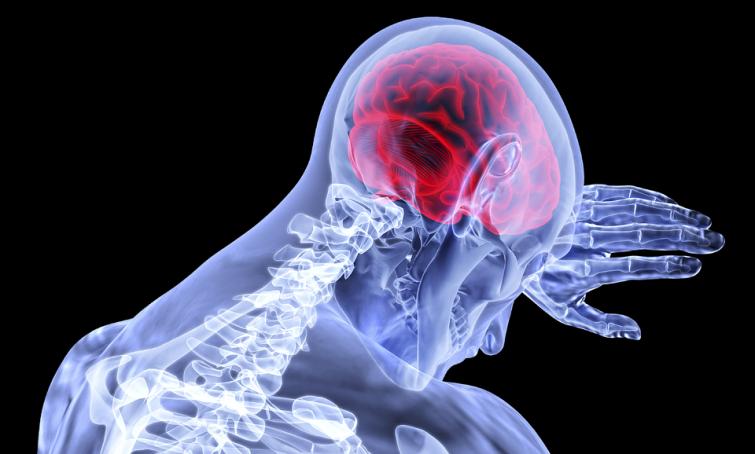
Treatment to ward off stroke less effective in women: Study
New York/IBNS: Women are at higher risk for stroke and have different stroke symptoms than men. New research suggests another difference: less benefit from a surgery used to treat carotid artery disease, a key risk factor for stroke.
The disease, also called carotid stenosis, is marked by fatty deposits, called plaque, that build up inside the neck arteries and increase stroke risk.
Surgery to remove the plaque, a procedure called an endarterectomy, is used to reduce this risk.
The researchers found that among participants with symptoms from the plaque buildup, endarterectomy was more effective in men, with 11.1% of women having a stroke within five years of the surgery, compared to 8.9% of men.
"Men and women are different and sometimes their disease might call for a different treatment approach," said the study's lead investigator Niveditta Ramkumar, a graduate student at the Dartmouth Institute for Health Policy and Clinical Practice in Lebanon, New Hampshire. "Because our study found women are getting more strokes than men, it may mean their treatment, in this case endarterectomy, is not as effective in women as it is in men."
The preliminary study, which used data on 31,207 people age 65 and older with carotid artery disease, will be presented Sunday at the American Heart Association's Scientific Sessions in Philadelphia.
In the U.S., about 795,000 people have a stroke each year. It is the fifth-leading cause of death in the country.
There are different types of strokes. An ischemic stroke occurs when the blood flow to a part of the brain is blocked. The carotid arteries are the blood vessels on either side of the neck that carry blood to the brain and face. Carotid artery disease causes about 15% of all ischemic strokes.
Risk factors for carotid artery disease include getting older, smoking, high blood pressure, high cholesterol, diabetes and lack of exercise.
The degree of buildup inside the arteries determines treatment options. About 5% of people who have fatty deposits filling up 70% or more of their carotid arteries will have a stroke within five years.
If blood flow is only slightly restricted, people are often treated with medications to control contributing factors like high cholesterol or high blood pressure. If the blockage is severe, surgery to remove the plaque is recommended. An endarterectomy is typically the preferred option, Ramkumar said.
"We have seen in studies over and over again that gender plays a role in carotid artery disease," said Dr. Dorothea Altschul, a neurointerventional surgeon in New Jersey who was not involved with the research.
"But we are at a loss to figure out how to guide medical management," she said. "We know that the composition of the plaque that narrows the arteries is different in women. But we don't know if women should have different options than men."
Ramkumar said she hopes the findings from her research lead to increased efforts to have at least 50% of the participants in cardiology clinical trials be women.
"Biological sex needs to be at the forefront of our understanding of the effects of these treatments and their long-term outcomes," she said.
Support Our Journalism
We cannot do without you.. your contribution supports unbiased journalism
IBNS is not driven by any ism- not wokeism, not racism, not skewed secularism, not hyper right-wing or left liberal ideals, nor by any hardline religious beliefs or hyper nationalism. We want to serve you good old objective news, as they are. We do not judge or preach. We let people decide for themselves. We only try to present factual and well-sourced news.







